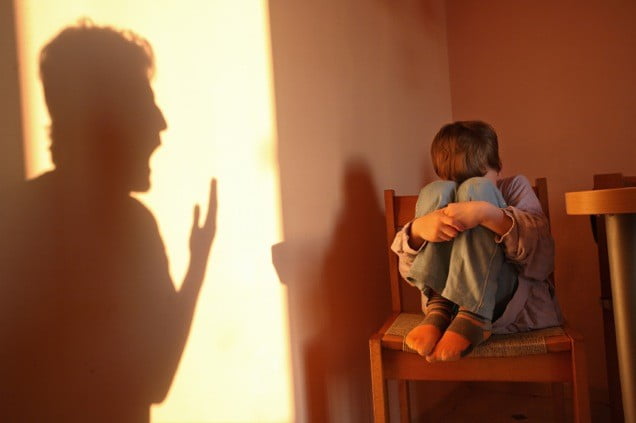
What should Jessica do now after her child says that? Most parents anger would continue to escalate and raise their voice. However, Jessica remembers that yelling further at her child will only make things worse. So she stops and takes a deep breath.
Jessica calmly looks at Johnny and says, “Johnny I can try to make you but I don’t think that will work out well for either of us. So I am asking you please apologize to your sister because I know you can behave better than this. Making you do this won’t help but I think you will feel better about yourself if you apologize.” This should be said in a firm manner to show her child she is taking a position and setting a boundary. Speaking to your child about this disciplines them, which teaches them how to problem solve through a problem. If you child apologizes, recognize and thank him for making the effort.
In this example Jessica is becoming an emotion coach with her child. Being calm, firm, and non controlling goes a long way with your child. No child likes to be screamed at. As parents we are there to set an example for our children and be a positive role model. This way is clearly much better than yelling and modeling an adult temper tantrum.
This approach will not always work 100 percent of the time, but it will reduce defiant behavior and improve relationships between parents and children. It has been proven that yelling at your children can be just as bad as spanking and could cause behavior problems and emotional development issues. Yelling at your child can lead to low self-esteem, an increase in aggression toward others, and higher rates of depression. The following are ways to void the yelling trap with your child:
1. Be an Active listener.
If a conflict arrises between your and your child, set aside with him and see how he feels about what is going on. As a parent try to avoid being overly judgmental because it leaves your child feeling criticized and will cause him to become defensive. Telling your child something as simple as, “Please help me understand why you seem upset” can go a long way. A child wants to feel like their feelings and thoughts matter to their parents.
2. Use understanding to slow yourself down.
If you sit down and listen to your child, it allows you to dig deeper and understand what may really be going on behind all of his actions. Take time understand and analyze what it is you would like your child to change. But also take time to understand ways you could change to make the situation better between the two of you. The more you slow down with your reaction, the less emotionally reactive you will be, and the less likely you are to yell. You child may act out about going to school but if you dig deeper you may realize that something is going on at school that is preventing them from wanting to go.
3. Don’t take it all so personally.
Don’t take what your child does personally. Nothing your child does is because of you. This is extremely important to keep in mind. Just like you, your child is their own person with their own thoughts and beliefs. Realize that your child is behaving in this manner because of his or her own struggles, not yours. They are trying to figure out where they belong in this world. Taking a conscious effort to remember this will not get you so frustrated and your risk of yelling will be much lower.





